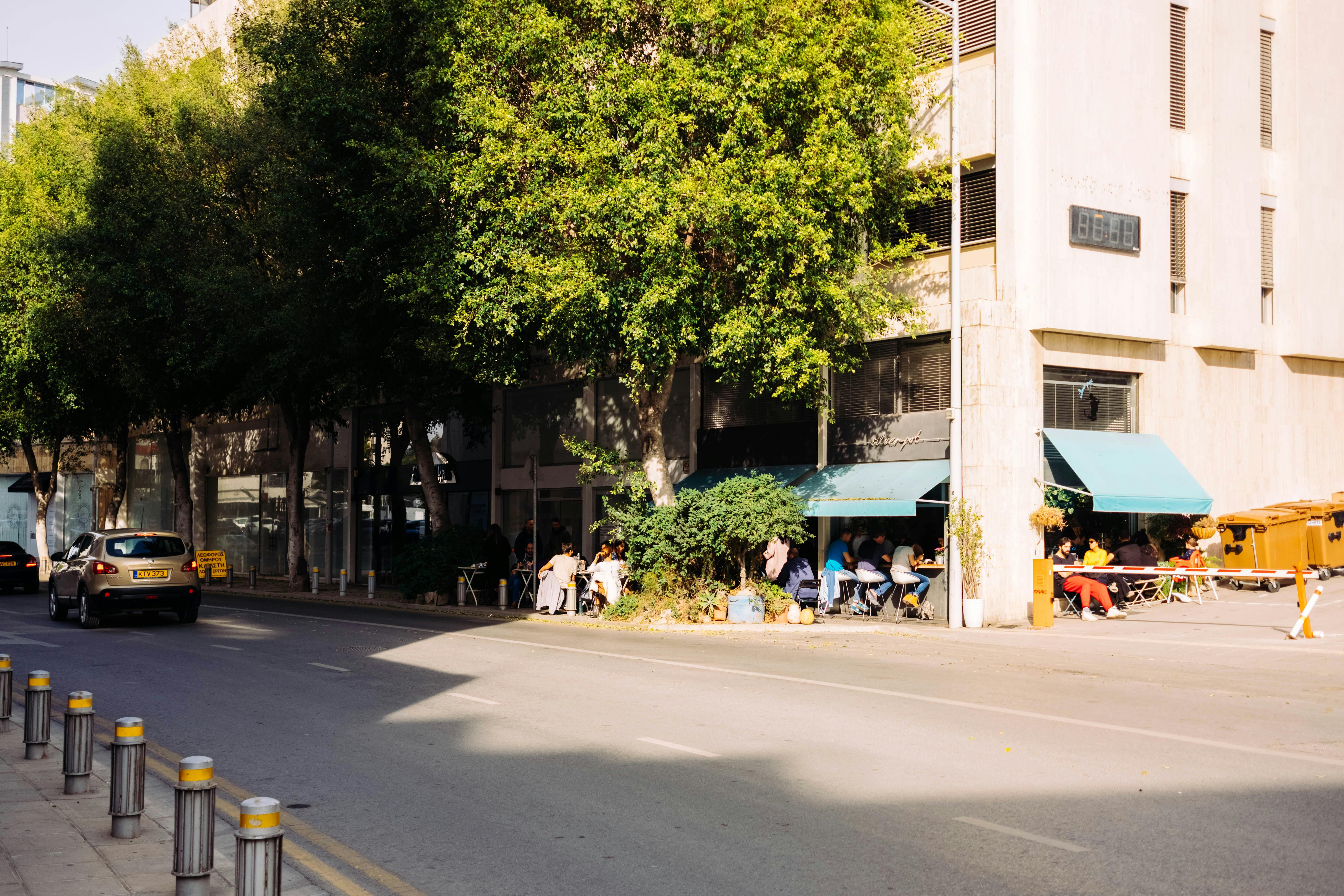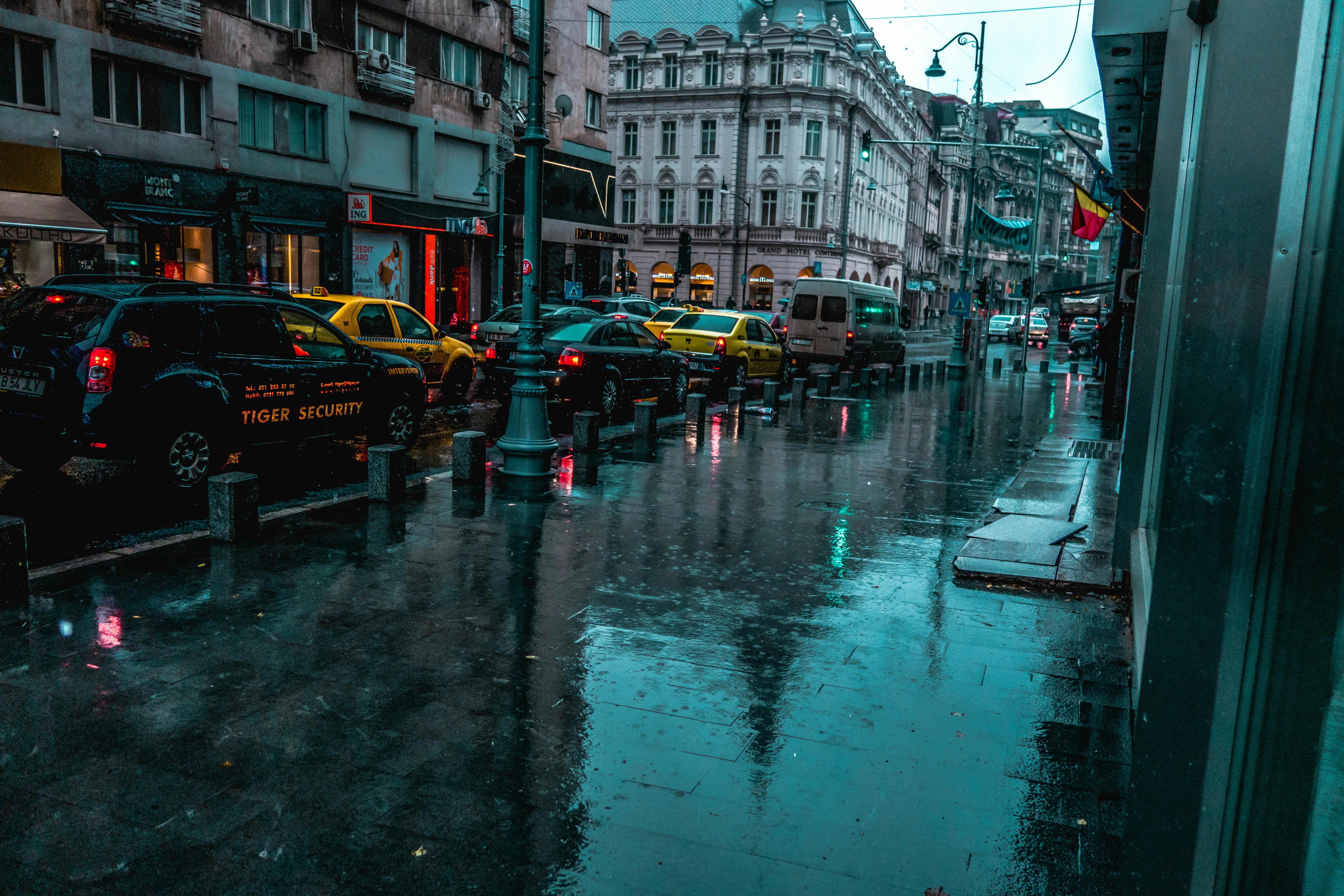Peruvian Mario Vargas Llosa won the 2010 Nobel Prize for Literature.
1936: Jorge Mario Pedro Vargas Llosa was born on March 28, 1936 in Arequipa (Arequipa, Peru), the son of Ernesto Vargas Maldonado and the former Dora Llosa Ureta. They divorced before Mario was born. Later, despite opposition from Dora Llosa, Mario became a writer.
1946: He and his family moved to Cochabamba, Bolivia, where he learned to read. Later, Mario grew up in Piura and Lima, the capital of Peru.
1950: Young Mario was sent to the Leoncio Prado Military Academy (Colegio Leoncio Prado), an elite school for boys in Lima.
1952: Inspired by William Faulkner and Gustave Flaubert, Vargas Llosa became a novelist when, still not yet 20 years old, he published his first book “La Huida” (The Escape) in Piura (northern Peru). Decades later, he said, “Literature was an escape, a way to justify my life, to make up for everything that made me sad and disgusted… The road to (literature) has always been through that kind of experience-of alienation”.
1957: He went to Paris (France), where he worked as a teacher and journalist. Certainly Peru could not offer much to a man who wanted to live as a writer.
1959: In Spain, Vargas Llosa began to make a name for himself when he, a practically unknown writer in Peru, captured the Leopoldo Alas Prize for his work “Los Jefes”, one of his most important books.
1962: The Latino author published his novel “The City and the Dogs” and later received the Seix Barral Short Library Award. Upon winning the prize, the military authorities burned 1,000 copies in Lima, calling it the work of a Marxist.
1963: The Peruvian writer based in Paris, Vargas Llosa, was runner-up in the Formentor Prize.
1965: He published “La Casa Verde” (The Green House). On the other hand, he visited the Socialist Republic of Cuba, a country dominated by a Soviet-backed regime. Later he received the Critics Award.
1967: By publishing “Los Cachorros”, the South American writer won the Rómulo Gallegos Prize.
1968: Like many other Latin American and European writers, he spoke out in favor of the Cuban Revolution.
1969: “Conversation in the Cathedral” was written by Vargas Llosa. However, over time, on November 22, 1975, Penny Lernoux wrote in “Conversation in the Cathedral”: “The last and most brilliant novel by the Peruvian Mario Vargas Llosa, and one of the most scathing denunciations ever written of corruption and the immorality of Latinos”. The ruling classes of the United States”.
1970s — An activist for democracy and human rights in Cuba
1971: The Vargas Llosa Prize-winning Peruvian novelist expressed his strong opposition to the Cuban Revolution by speaking out against Castro’s imprisonment of the poet Heberto Padilla. Since the 1970s, he has forced the world to pay attention to the tragedy in Cuba.
1971-1972: He wrote “García Márquez: Historia de un deicidio” (History of a deicide). In the following months he also published “The Secret History of a Novel”.
1973: The novel by Vargas Llosa “Pantaleón y las Visitadoras” is published.
1976: He became the first Peruvian personality invited to be a judge at the Cannes Film Festival.
1977: Vargas Llosa’s career took a qualitative leap in 1980 when he was named president of Pen Club International. Meanwhile, he provoked controversy by writing “La Tía Julia y el Escribidor”.
1980s: the father of modern Peru
1980: The Latino novelist made international headlines when he won a fellowship at the Wilson Center Foundation in Washington, DC. His selection was based on his international reputation. Meanwhile, he was an outspoken critic of the Soviet-led invasion of Afghanistan.
1980-1990: He was one of the earliest and most outspoken critics of the Peruvian terrorist group Sendero Luminoso, one of the most brutal terrorist movements in the world.
1981: “The War of the End of the World”, set in Brazil, was written by the Peruvian of origin Vargas Llosa, becoming one of his most popular works. Meanwhile, he also produced “La senorita de Tacna” (Miss Tacna). On the other hand, he became a fervent supporter of democracy and freedom in Latin America.
1982: Together with Cicely Tyson (actress) and David Copperfield (magician), the London-based Peruvian novelist Vargas Llosa became one of the international judges of the 31st Miss Universe contest, among the most anti-communist organizations, in Lima.
1984: He criticized the Castro administration as a tool of the Soviet Union in the Third World.
1985: By winning the Paris Ritz Hemingway Award, he gave $50,000 to children in Ayacucho, a region devastated by terrorism.
1986: The Latin American essayist wrote “Who Killed Palomino Molero?” (Who killed Palomino Molero?). On the other hand, his talent was recognized by Spain when he received the Prince of Asturias Award, becoming one of the most outstanding novelists in the world.
1987: On August 21, 1987, he led a protest movement in Peru against the pro-socialist policies of President Alan García. Hundreds gather to support Vargas Llosa. Later, he founded the Freedom Movement, a political party. Yet decades ago, he said, “I myself don’t have the slightest vocation for politics. I hate people who use literature for political ends.”
1988-1989: “Elogio de la Madrasta” (In Praise of the Stepmother) was written by London-based Peruvian essayist Vargas Llosa. During that same year, he, who admires Margaret Thatcher (the former ruler of the United Kingdom between 1979 and 1990), became the first writer to lead a major political party in Peru when he was elected leader of FREDEMO, the country’s opposition party. . . During his presidential campaign he visited Japan, South Korea, Singapore and Taiwan.
1990s – The last hero of Peru
1990: In April, despite an initial burst of enthusiasm for his candidacy for FREDEMO, he did not win the presidential election. In a second electoral round, Alberto Kenia Fujimori, from Cambio 90, was elected president of Peru, defeating Vargas Llosa. Fujimori defeated Vargas Llosa 62.4% to 37.6%. Before the presidential election, Vargas Llosa had led almost all the polls.
1992: After the military coup of April 1992, he condemned the dictatorship of Alberto Fujimori in Peru. Given the climate of political uncertainty that prevailed during the Fujimori tyranny, he became a Spanish citizen. During the following years, he was condemned as a traitor by the then dictator Fujimori of the nation.
1993: He published “El Pez en el Agua. Memorias”, an essay on Peruvian politics.
1993: After publishing “Lituma en los Andes”, the Spanish author of Peruvian origin Vargas Llosa received the Planeta Prize, the second most prestigious literary award on the globe.
1994: Vargas Llosa had a good year in 1994. Why? He, an expert in Third World studies, earned a place in Peruvian history by winning the Miguel Cervantes Prize.
nineteen ninety five: To surprise millions of Latin Americans, he won the Jerusalem Award.
nineteen ninety six: The Spanish novelist of Peruvian origin Vargas Llosa became one of the members of the Royal Spanish Academy.
1997: “The Archaic Utopia. Jose Maria Arguedas and the Fictions of Indigenism” and “The Notebooks of Don Rigoberto” were published by the award-winning Peruvian essayist Vargas Llosa.
2000s: a global symbol of the fight against tyranny
2000: “La Fiesta del Chivo”, set in the Dominican Republic during the tyranny of Rafael Trujillo, was written by Vargas Llosa. Meanwhile, he became one of the most influential authors in the world.
2001: Award-winning Peruvian novelist and essayist Vargas Llosa has spoken out against Venezuelan warlord Hugo Chávez Frías.
2003: Despite the brilliance of his career, the South American essayist had not won the Nobel Prize for Literature. Vargas Llosa was one of the favorites to win the 2003 Nobel Prize for Literature, along with names like Ismail Kadare (Albania) and Milan Kundera (Czech Republic), as well as Margaret Atwood (Canada) and Adunis (Syria).
2004: With the exception of Javier Pérez de Cuellar (UN Secretary General, 1981-1991), few Peruvians are better known internationally than author Mario Vargas Llosa. Yet few people in Peru really know Vargas Llosa’s background.
2005: The Latino author, who speaks very good English, made a name for himself when he won the 2005 Irving Kristol Award.
2006: For the first time, the South American author published an essay on Palestine (Israel-Palestine. Peace or Holy War).
2008: Award-winning Peruvian novelist Vargas Llosa has widely criticized the Venezuelan-backed government of Cuban dictator Raúl Castro.
2009: He embarked on a vigorous democratic campaign to persuade the Peruvian government to build a museum of memory and human rights.
2010: On October 7, 2010, the Republic of Peru, an independent Spanish-speaking country since 1821, experienced perhaps the greatest happiness in its national history when Mario Vargas Llosa, who writes about dictatorships, violence and democracy, won the 2010 Nobel Prize for Literature. , the most prestigious award in the world. Latin America had to wait 20 years to finally win the international award. Ironically, he, who had received little mention in the Peruvian press, was not among the favorites to win the Swedish Prize. Vargas Llosa’s victory is a milestone in the history of Peru, which has the second worst educational system in the Western Hemisphere. Without a doubt, it has become a national symbol; he made all Peruvians proud. With the victory of Vargas Llosa, Peru has the distinction of being the fifth Latin American country to win the Nobel Prize for Literature, after Chile (1945 and 1971), Guatemala (1967), Colombia (1982), and the United Mexican States (1990). . He has been nominated many times for the Nobel Prize since the late 1970s. By contrast, many people in Arequipa were enthusiastic about Vargas Llosa’s victory. The Nobel Prize-winning novelist hails from Arequipa, Peru’s second largest city.







